Please login or click here to join.
Forgot Password? Click Here to reset pasword
Most recently Lichfield Cathedral has been the scene of an important archaeological find which has astounded the world of archaeology and historians. It is a rare sculpture of an angel, quite possibly from Saxon times, it was discovered during recent excavations, with the colours of the sculpture being as vibrant today as it must have been when first cast.
Lichfield is the only English Cathedral to preserve three stone spires, these are intricately decorated, very graceful and can be seen as a landmark from most parts of the town, they are known locally as "The Ladies of the Vale". The Cathedral also has the distinction of once being the seat of an archbishopric. The See was established by St.Chad, in 669, as the centre of Christianity in the Kingdom of Mercia. During the reign of Offa in the 8th-century, Mercia became the most important of all the English kingdom's. At this time Offa sought and was granted papal permission to elevate his bishop to the eminent status of archbishop. History records that Offa's successors, unable to maintain the distinction the kingdom enjoyed under Offa, soon lost Mercia's pre-eminence and in 1803 Lichfield was down-graded to become again a bishopric.
As we look at the majestic building before us, what we see is a Cathedral of the 13th-century, it's dominant feature is the great West facade, built at this time. This has the overall appearance of a magnificent screen, filled with tiers of rising niches containing sculpture. From the exterior these statues over-shadow the small entrance doors at the base and the great west window.
The Civil War and Cromwell's troops caused much damage to the Cathedral, the central tower was destroyed and lead and other metals were stolen. Lichfield lay as it was until after the Restoration of the Monarchy in 1660 when the task of restoration began. The Cathedral remains one of England's most beautiful, despite the 18th and 19th-century practice amongst restorers to replace rather than restore and visitors can see restoration work by both Wyatt and Sir Gilbert Scott. This is a magnificent house of God which is well worth your time if only to see the amazing facade showing more than a hundred carved statues, but to enter through its doors is to enter a world of church grace and overwhelming beauty.
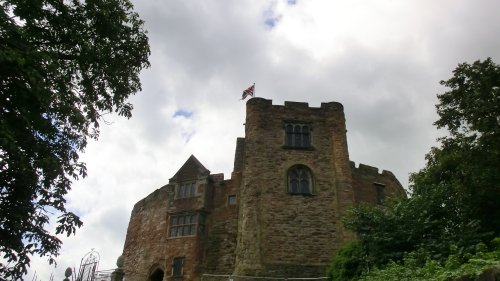
a Historic Market Town in the county of Staffordshire
(7.2 miles, 11.6 km, direction SE)In the 8th century the Saxon Kingdom of Mercia was ruled from Tamworth. Later in AD 913, a fortress was built here by the daughter of King Alfred...
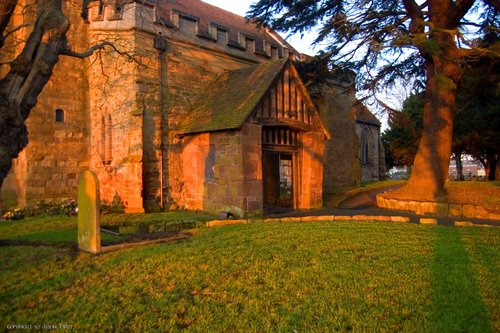
in the county of Warwickshire
(10.6 miles, 17.0 km, direction SE)Kingsbury lies in a quiet corner of Warwickshire, it is most notable for its water-park which offers an oasis of calm for visitors escaping the hurried life of Birmingham and other nearby cities and large towns...
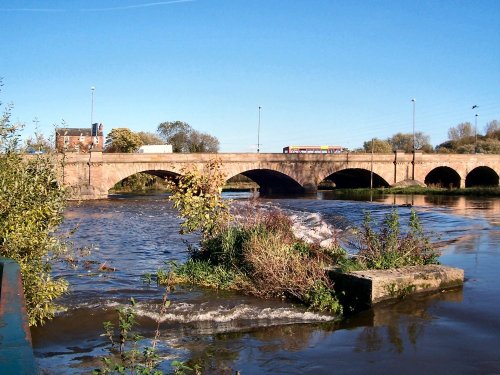
in the county of Staffordshire
(11.6 miles, 18.7 km, direction NE)Burton-on-Trent is an attractive town, it has a pleasing market place surrounded by pleasant properties, some being timber-frame black and white...
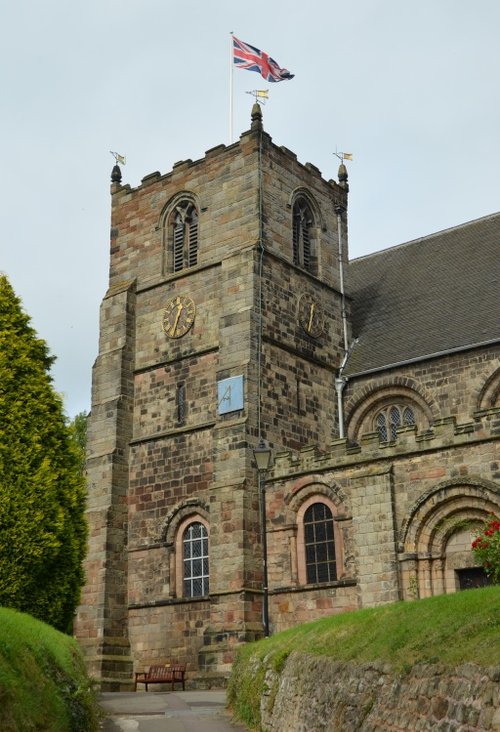
in the county of Staffordshire
(13.3 miles, 21.4 km, direction NE)This picturesque little town in the Dove Valley is dominated by the ruins of the medieval castle...

a Historic City in the county of West Midlands
(14.0 miles, 22.5 km, direction S)Birmingham, Britain's second city, known as the city of a thousand trades, has long been recognised as one of the World's most important manufacturing and commercial centres...
All towns in Staffordshire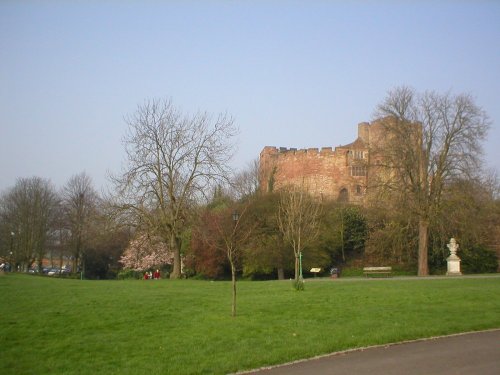
..

..
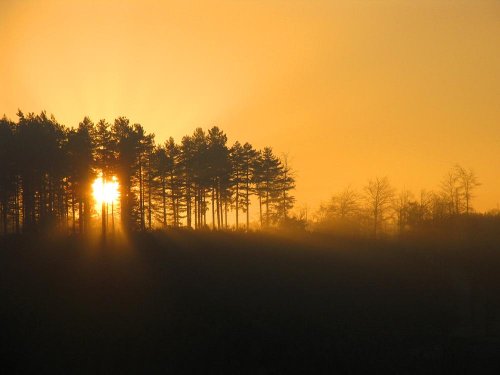
Once upon a time this vast area was the 'Happy Hunting' ground of Kings and Queens of England who came here to enjoy a good day's.....
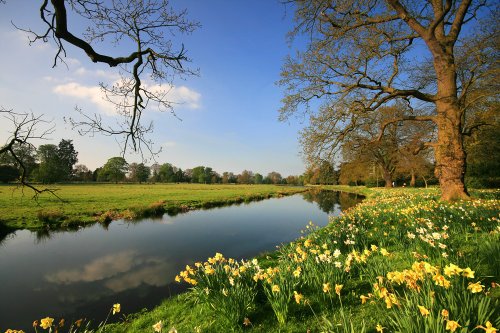
Shugborough Hall with its vast surrounding estate has been the seat of the Earls of Lichfield, the Anson family, ever since it.....
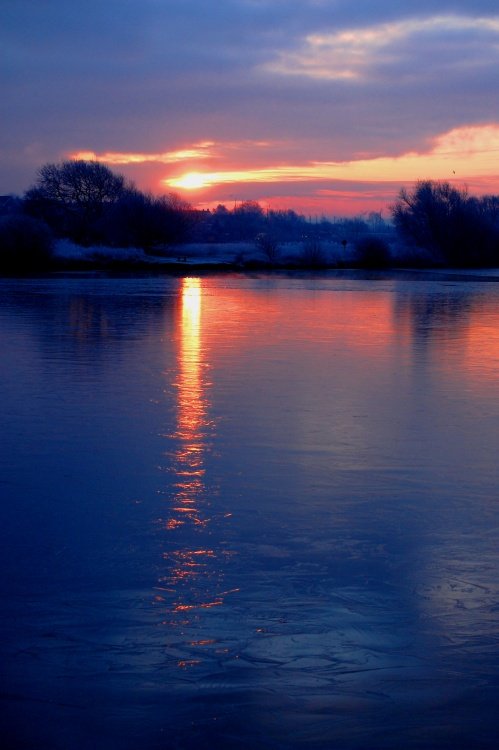
This vast landscape of lakes nestling on the eastern edge of Birmingham provides a wonderful escape from seething city life. .....